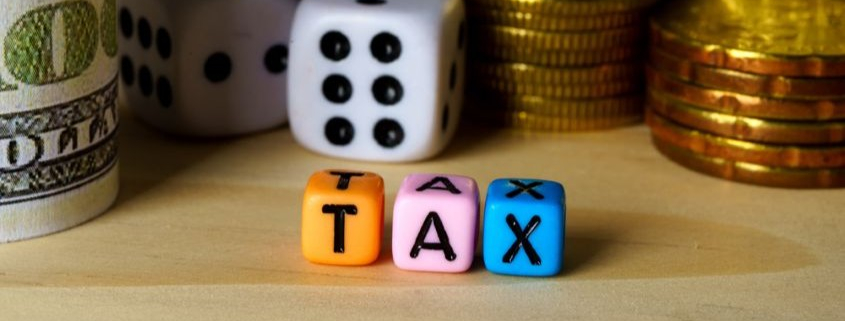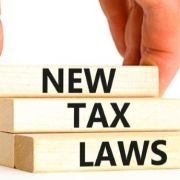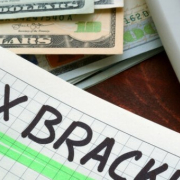New Gambling ‘Phantom Taxes’ Start In 2026 – What This Means For Your Winnings And Tax Burden
For years, gamblers could count on one thing: they’d only owe taxes on their net winnings — that is, total wins minus total losses.
But starting in 2026, thanks to a provision buried in the recently passed One Big Beautiful Bill Act (OBBBA), that’s about to change.
What’s Changing?
The new law caps the amount of gambling losses you can deduct at 90%, down from the previous 100%. That means you could be taxed on income you never actually profited from — what critics are calling a “phantom tax.”
So what does this mean in real terms? Let’s say a gambler wins $100,000 in 2026 and also loses $100,000 that same year. Under the old rules, they could deduct all $100,000 in losses and owe nothing. Under the new law, they can only deduct $90,000 — and would owe taxes on the remaining $10,000, even though they broke even in reality.
“It’s a tax on money you didn’t actually win,” explains Ryan Butler, senior news analyst at Covers, a sports betting site.
Who’s Most Affected?
According to Brendan Morgan, a CPA and owner of Pathfinder Accounting & Tax in Illinois, this change won’t impact most casual players.
“To deduct gambling losses, you have to itemize your return — which already excludes a lot of taxpayers,” Morgan says. “This mostly hits high-stakes players, high-net-worth individuals, and professional gamblers who itemize.”
For those who do qualify, the larger your losses, the greater your tax burden under the new rules.
Impact on the Gambling Industry
Casinos and sportsbooks themselves won’t face any new taxes. But industry experts are concerned the change could drive high-rollers away — or push them toward unregulated, untaxed gambling alternatives.
“There’s worry that professional players will reduce their activity or leave the industry altogether,” says Butler. “Even small changes in high-roller participation can have outsized effects on casino and sportsbook revenues.”
Can You Avoid the Phantom Tax?
Not really — but you can be smart about it. Taxpayers who deduct gambling losses will need to keep detailed records of every win and loss, including dates, locations, and documentation.
“It’s more important than ever to keep a clear wins/loss sheet,” says Morgan, “so you don’t get caught off guard at tax time.”
A Small Win for Casual Gamblers
There is a bit of good news: OBBBA raises the slot machine reporting threshold from $1,200 to $2,000 — the first change since 1977. That means fewer tax forms for small wins and less hassle for casual players.
One More Shot at Reversing It?
Some lawmakers are already working to roll back the phantom tax before it takes effect. The bipartisan FULL HOUSE Act (short for Facilitating Useful Loss Limitations to Help Our Unique Service Economy) was introduced by Senators Ted Cruz, Catherine Cortez Masto, Bill Hagerty, and Jacky Rosen — but it was blocked before passing. Cortez Masto has pledged to reintroduce the bill.
Bottom Line
If you’re a high-stakes player or professional gambler, the “phantom tax” could significantly increase your tax bill — even if you don’t actually make a profit. Stay organized, track every dollar, and keep an eye on legislation that might still change the rules.
Source: U.S. News & World Report






